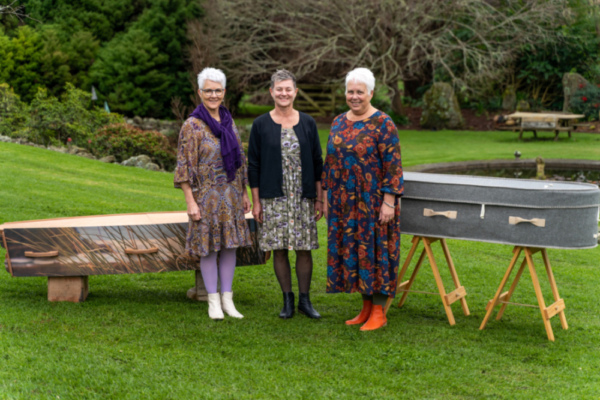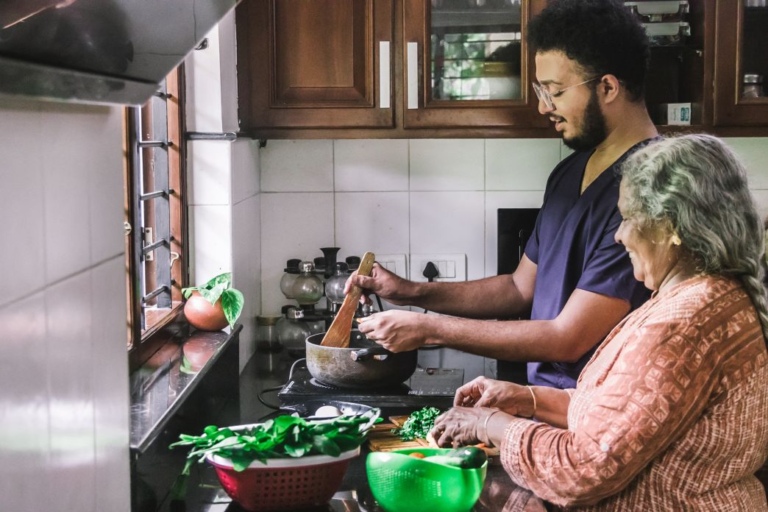Aged Residential Care
Even if you are not ready to move into residential care now, it is good to start thinking about: where you might go and putting your name on a waiting list at one or more facilities.
While retirement and lifestyle villages offer independent living, aged residential care refers to live-in facilities offering different levels of lifestyle support and medical care.
Residential care options in New Zealand
Some residential care facilities include all levels of care in the same location and others only offer one or two options which means that you would need to move to a different facility if your care needs changed.
- Resthomes – when you still have some independence
- Dementia Care – specialised care for people with dementia
- Hospital Care – more registered nurses available
- Respite Care – short-term care to give full-time carers a break
You can use the Eldernet website to find local residential care providers, check on the levels of care they offer and see what their current vacancies are. From there, call or email individual providers to arrange a site visit, ask questions, check on wait times or put your name on a waitlist.

The first step in applying for admission to a residential care facility is to apply for a Level of Care Needs Assessment through your GP or Hospice social worker.
How to pay for residential care in New Zealand
In New Zealand, if you need long-term residential care in a hospital or rest home, you may be able to get a Residential Care Subsidy or a Residential Care Loan. If you don’t qualify for subsidies, you will fund your own aged residential care or fund the difference between a standard and premium room. Find out more about the financial means assessment and current thresholds and rates.

Residential Care Subsidy
This is means-tested and only covers the cost of a standard room. Many facilities offer a limited number of or no standard room so the additional cost of a premium room would need to be covered separately. The subsidy is paid directly to your residential care provider.

Residential Care Loan
This is an interest-free loan funded against the value of your home and is paid directly to the rest home. It’s usually repaid when you pass away or your home’s sold. This could be a good option if one of you is still living in the family home and the other needs to go into care.
Watch ‘Get Your Ducks in a Row’ Video
This presentation by Tanya Newman, Social Worker at North Haven Hospice was a part of Dying Matters Week. Tanya asks: ‘What practical steps can you take now, to make the end of life easier?’ This is the second video in a series of four and looks at Aged Residential Care and what you need to know. Tanya talks about levels of care, availability, how to arrange for admission and how to pay for care.


